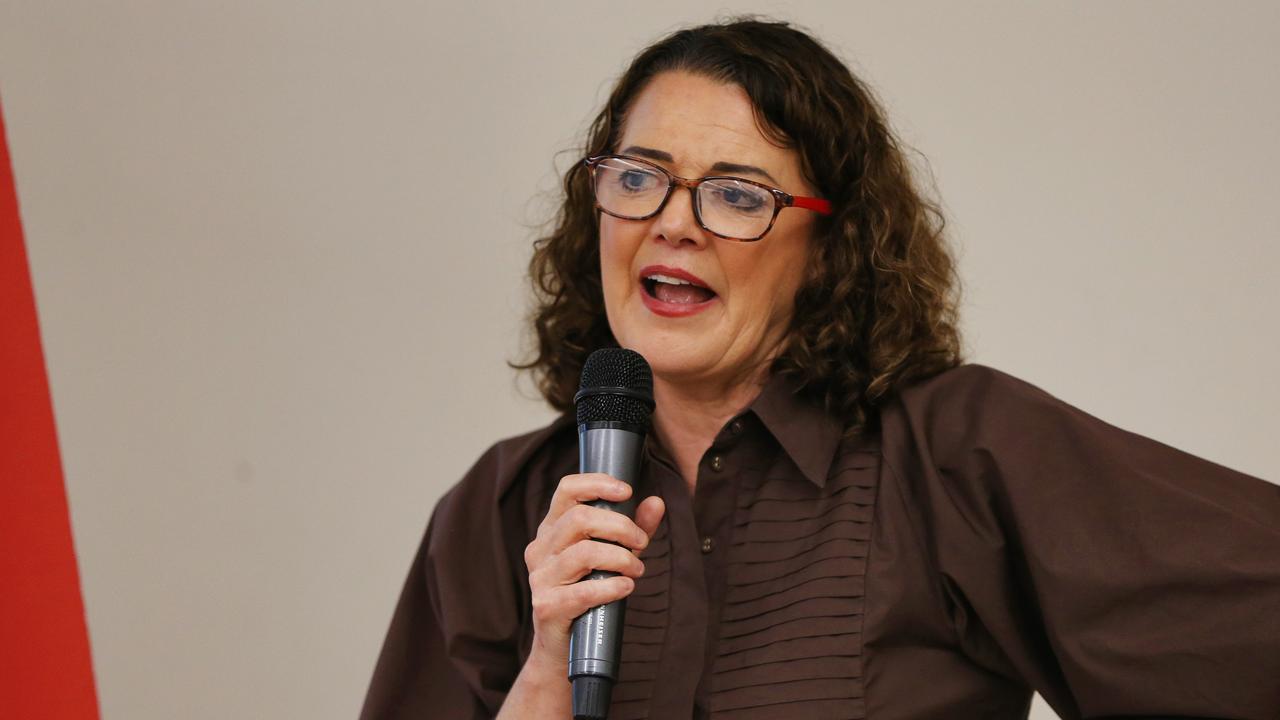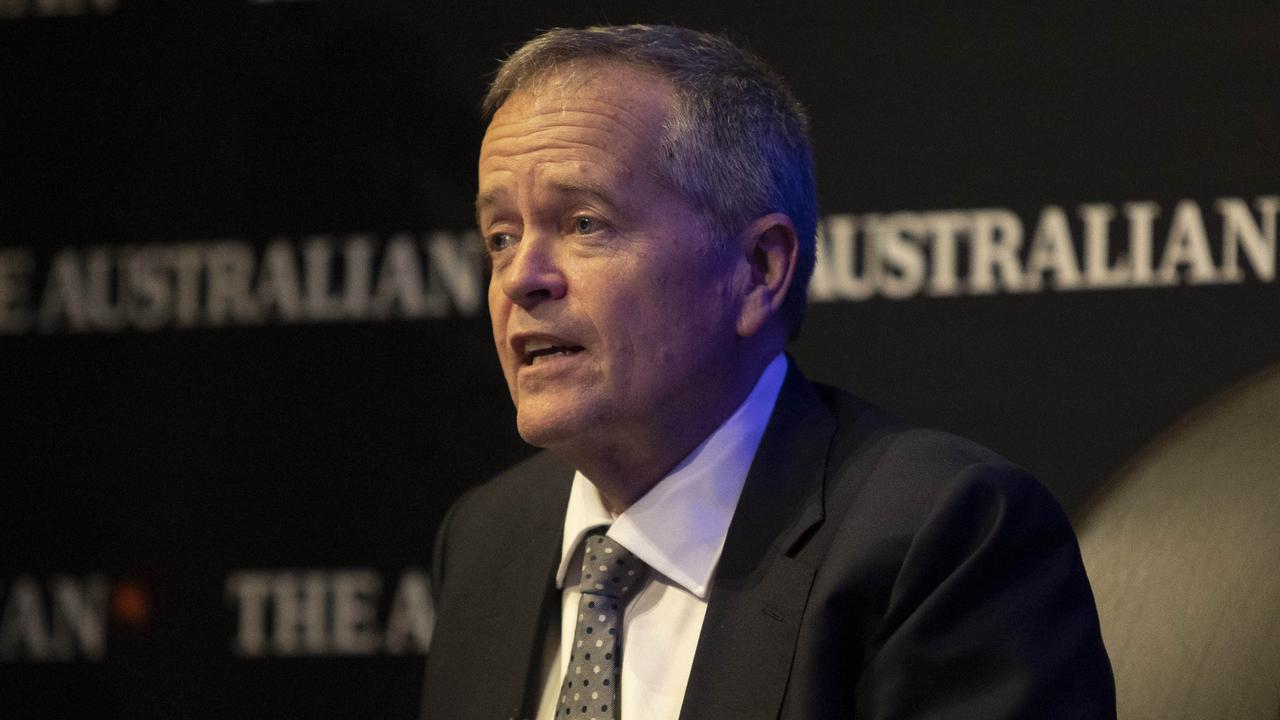‘Completely failed’: NDIS raked over the coals by families of recipients
Family members and support people of Australia’s most vulnerable citizens have slammed a service as “neglective and abusive”.
The National Disability Insurance Scheme has come under fierce criticism from recipients and their family members at a senate committee looking into the scheme.
The senate joint standing committee into the NDIS is in Newcastle, its first stop on a six-city tour across the country to hear about the lived experience of participants and their families.
The committee aims to inquire into and report on the implementation, performance, governance, administration and expenditure of the NDIS.
One mother with four children on the scheme told the committee that the National Disability Insurance Agency was “neglective” and ”abusive”.
“It‘s like going to war every time we have a plan review,” Cassandra Johnson said.

She described how one of her children had the funds allocated to his plan changed four times, including drastic changes from $38,000 to $9000 to $61,000.
“As soon as we think we’re getting close, here comes another review and we get thousands upon thousands cut and we’re back at the beginning,” she said.
“That process was very arduous, very combative, it was a horrible process being on the NDIS.”
The meeting comes a day after NDIS Minister Bill Shorten flagged that moderating the growing cost of the NDIS was a key government priority.

Last week‘s federal budget revealed the NDIS would cost federal and state governments $35.5bn this financial year and $52bn by 2025-26, dwarfing the cost of both Medicare and aged care.
“It is growing in its cost base too quickly,” Mr Shorten said during a keynote speech to The Australian-Melbourne Institute Outlook conference.
“For example, we need the schools system to do more for the spiralling numbers of children with developmental delay entering the NDIS – more than 47,000 at the end of June,” he said.
“Put simply, the NDIS was never intended to be the only lifeboat in the ocean.”
An estimated 670,000 people are expected to participate in the scheme by 2024-25, a figure which balloons to around 860,000 by 2029-30.
Peter Slough, a father with two children on the NDIS including a son who is blind and wheelchair bound, said the system was an “absolute failure”
“For our family at least, and I don‘t speak for everybody, but the model of the NDIS doesn’t work .. .we felt abandoned by the NDIS,” he told the committee.
“No planner has ever listened to us, (my son) has told every planner that he wants to live a long and happy life and that he wants to only be cared for by mum and dad … no planner has ever taken that seriously.”
Though Mr Slough said he believed those who worked for the NDIA had good intentions, he said staff often acted “deceptively” and his family was “locked out” from contacting them.
“You never really know who you’re talking to, you never get their phone number or email and you never hear from them again,” he said.
Another speaker at the committee argued the NDIS was often “ableist” because it had been designed by those without a disability.
“If it hasn’t been desinged by disabled people, it won’t work for them,” Courtney Watts said.
She argued more politicians and service providers with a lived experience of disability should be put in charge of the scheme.
“Just as the Minister for Women is a woman, and the Minister for Indigenous Affairs is Indigenous, the minister for the NDIS should be disabled,” she argued.
“Only then will the policies developed for the NDIS be fit for purpose.”



